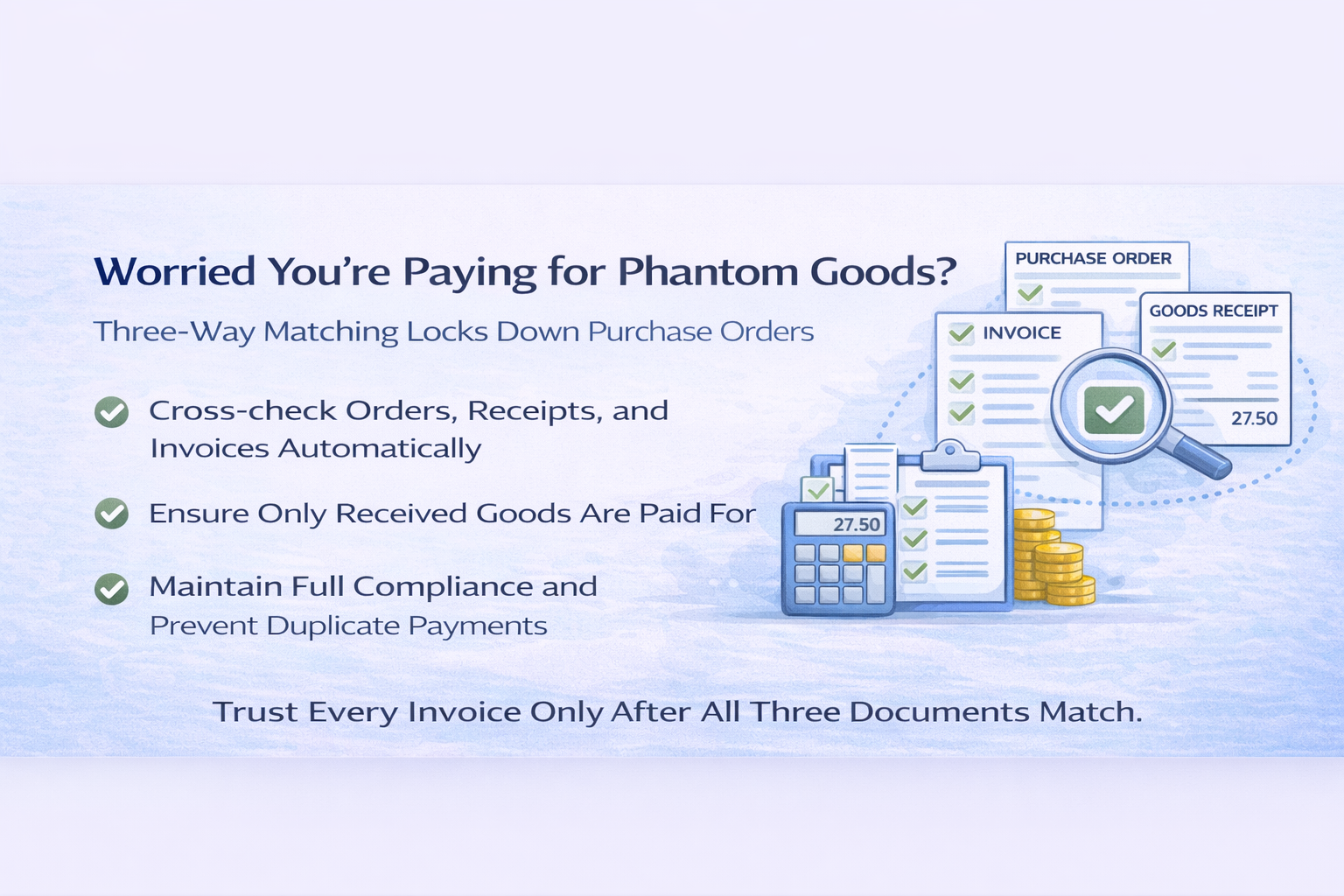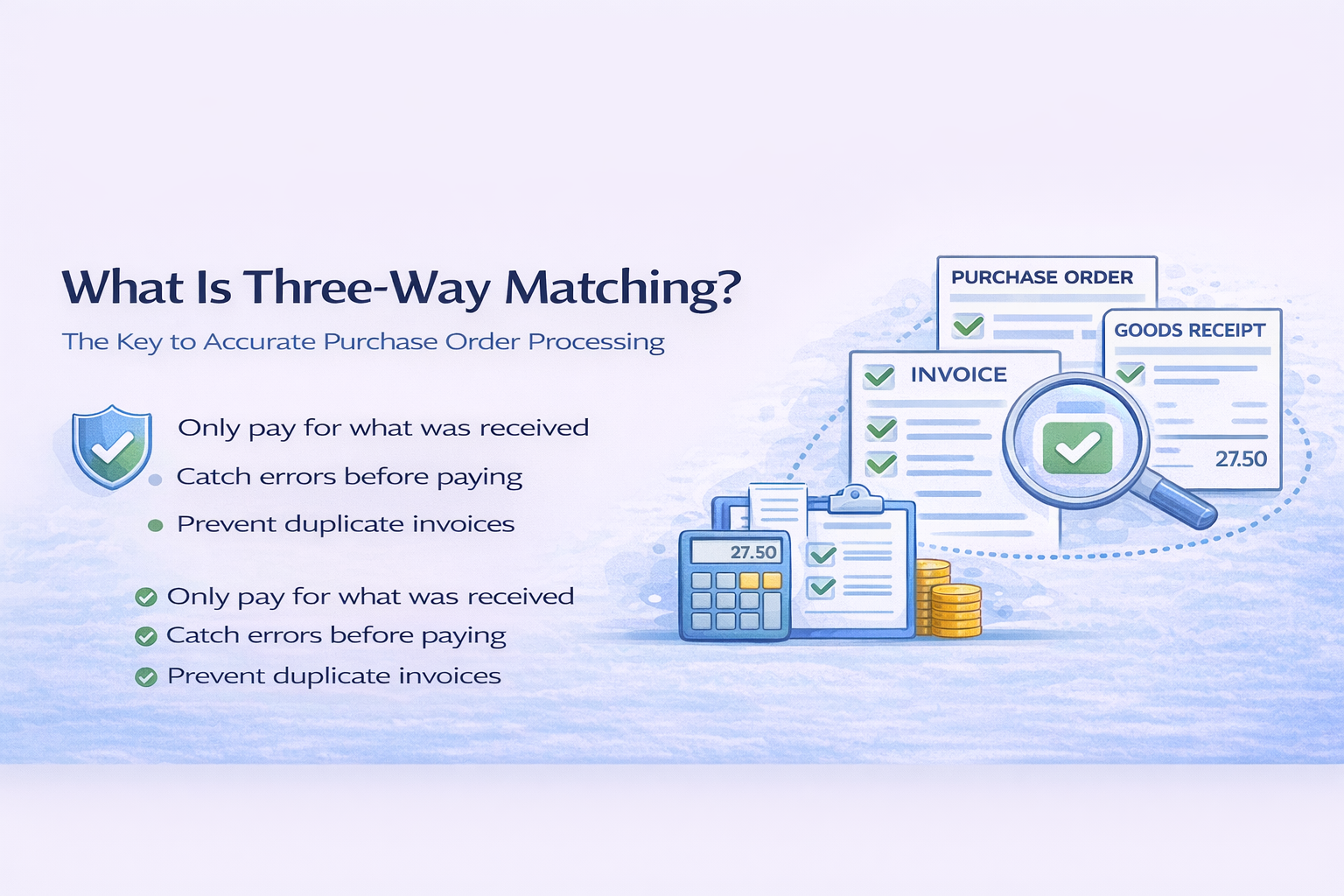
The Future of SME Finance: Why Accounting Software is Becoming Obsolete
The financial technology stack that small and medium enterprises use today will look completely different in five years. While businesses continue investing in traditional accounting platforms like QuickBooks, Xero, and Sage, a fundamental shift is already underway that makes these systems unnecessary complexity.
The future isn’t about better accounting software – it’s about not needing accounting software at all.
Open Banking is Reshaping Everything
We’re witnessing the early stages of a financial infrastructure revolution. Open banking APIs now provide real-time access to every transaction, payment, and transfer that flows through business accounts. This isn’t just convenient – it’s transformational.
Instead of manually replicating banking data in separate accounting systems, the future SME will operate with three integrated components:
- Smart invoicing systems that track unpaid bills for both customers and suppliers
- Real-time reporting dashboards that visualize financial position instantly
- Connected payment platforms that automate transaction processing
What SMEs Actually Need to Track
Strip away decades of accounting tradition, and businesses really only need visibility into two things their bank statements don’t automatically provide:
- Tax calculations and compliance deadlines – VAT, corporation tax, and regulatory obligations
- Outstanding invoice management – Who owes you money, who you owe money to, and aging schedules for both
Everything else already exists in your banking data, timestamped and immutable.
Ready to let AI protect your procurement?
Contact Systematics Software Ltd today to explore how AI-powered solutions can revolutionise your operations and prepare you for the future of technology.
Nam aliquet ante porta, gravida elit, at fringilla felis suscipit.
The Coming Integration Wave
The next generation of business software won’t ask you to enter data multiple times. Invoice a customer, and that information flows automatically to your payment processor, updates cash flow projections, adjusts tax calculations, and appears in real-time dashboards.
Payment received? Your banking data updates instantly, outstanding receivables adjust automatically, and financial reports reflect the change immediately. No manual entry. No reconciliation. No monthly closing procedures.
This integrated approach eliminates the fundamental problem with traditional accounting: duplicating information that already exists elsewhere in your business systems.
Beyond Compliance to Intelligence
Future SME finance tools won’t just track what happened – they’ll predict what’s coming. Connected systems will forecast cash flow based on outstanding invoices, payment patterns, and historical data. They’ll alert you to tax deadlines, highlight late-paying customers, and identify cash flow opportunities.
Your “books” become a living, breathing intelligence layer rather than a static record-keeping exercise.
The Transition is Already Beginning
Forward-thinking SMEs are already moving toward this model. They’re connecting banking APIs, implementing smart invoicing platforms, and building integrated reporting that pulls from multiple real-time sources.
The businesses making this transition now will have significant advantages: reduced administrative overhead, improved cash flow visibility, and financial intelligence that drives better decisions.
Building Tomorrow’s Financial Stack
At Systematics Software, we’re uniquely positioned to deliver this integrated future. With 30 years of deep experience in the accounting space, we understand both the complexities businesses face and the unnecessary overhead traditional systems create.
Our open banking license enables us to build secure, direct connections to banking data that form the foundation of this new approach. We don’t just integrate with banks – we’re authorized to access and process financial data at the source, ensuring real-time accuracy and compliance.
This combination of regulatory authorization and three decades of accounting expertise means we can develop software that eliminates traditional accounting bottlenecks while maintaining the financial controls and reporting standards businesses require.
When you enter invoice data once in our system, it flows everywhere it needs to go – payment systems understand expected cash flows, banking platforms recognize incoming payments, and reporting dashboards update automatically.
Your business systems communicate and share relevant data seamlessly, built on a foundation of proven accounting principles and secure banking integration.
Ready to deploy AI protection across your procurement?
Contact Systematics Software Ltd today to explore how AI-powered solutions can revolutionise your operations and prepare you for the future of technology.
Nam aliquet ante porta, gravida elit, at fringilla felis suscipit.
The Path Forward
The transformation doesn’t require replacing everything overnight. Smart SMEs will:
- Connect existing banking through open APIs to access real-time transaction data
- Implement invoicing platforms that integrate with payment and banking systems
- Deploy automated reporting that aggregates data from connected sources
- Gradually eliminate manual accounting processes as integrated systems prove their reliability
Why This Matters Now
While larger enterprises have the resources to maintain complex accounting departments, SMEs need efficient, automated solutions. The future belongs to businesses that can focus on growth rather than bookkeeping.
The question isn’t whether this transformation will happen – it’s whether your business will lead the change or follow it.
The future of SME finance is integrated, automated, and intelligent. Traditional accounting software is just the first casualty of this evolution.




